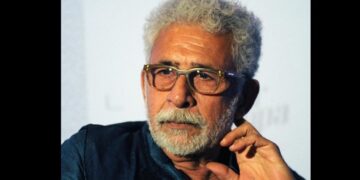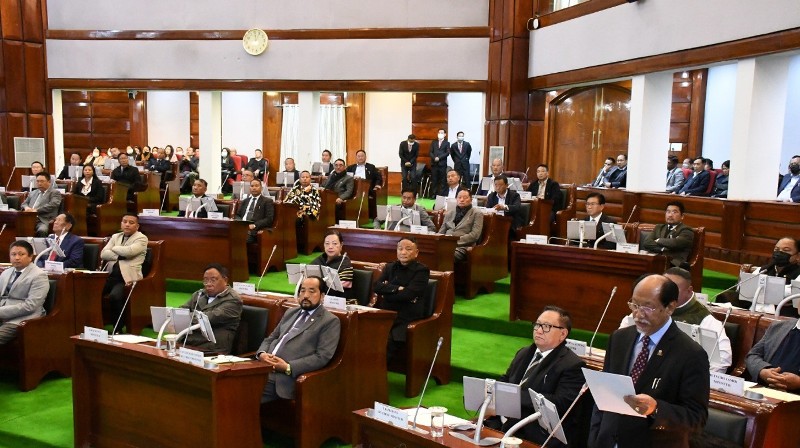Aizawl: The seven-member Nagaland Legislative Assembly (NLA) Committee on Environment and Climate Change has undertaken the task of creating awareness among people on the need to address the growing environmental concerns and climate change.
The committee conducted spot verifications of at least three streams—Dzüvurü, Vurierü, Sanuorü –in and around Kohima on Thursday.
The committee was constituted by the Assembly Speaker earlier this year, and its first meeting was held on April 24.
Led by MLA Achumbemo Kikon, the seven-member committee comprises MLAs and advisors.
The team also inspected a solid waste management plant at Lerie and a waste segregation facility at Meriema, constructed under the Swachh Bharat Mission by the Urban Development Department.
Kikon stated that the inspections aimed to highlight the critical environmental degradation in the region.
“The biggest challenge today is the degradation of the environment,” he said, stressing that both the natural environment—rivers, forests, air—and man-made elements such as roads and buildings face serious threats.
“We experience the effects of climate change every day,” he added.
He added that the committee interacted with leaders of colonies and village councils during river system inspections, emphasizing the critical need to clean and safeguard water sources.
“There is a serious shortage of water in Kohima and across Nagaland,” Kikon stated, appealing to citizens, municipal bodies, and village authorities to stop polluting rivers with plastic waste and sewage.
He appealed to residents to avoid dumping polythene bags, plastic bottles, and drainage effluents into water bodies.
“We must all contribute to cleaning our rivers. Otherwise, the next global conflict may not be over oil or land, but water,” he said.
ALSO READ: 147 faculty appointments cancelled in Nagaland following public outcry
Committee member Zhaleo Rio announced that four major sanitation and water treatment projects are underway in Kohima, targeting the interception and treatment of contaminated water.
“We will release clean water back into rivers,” he said.















